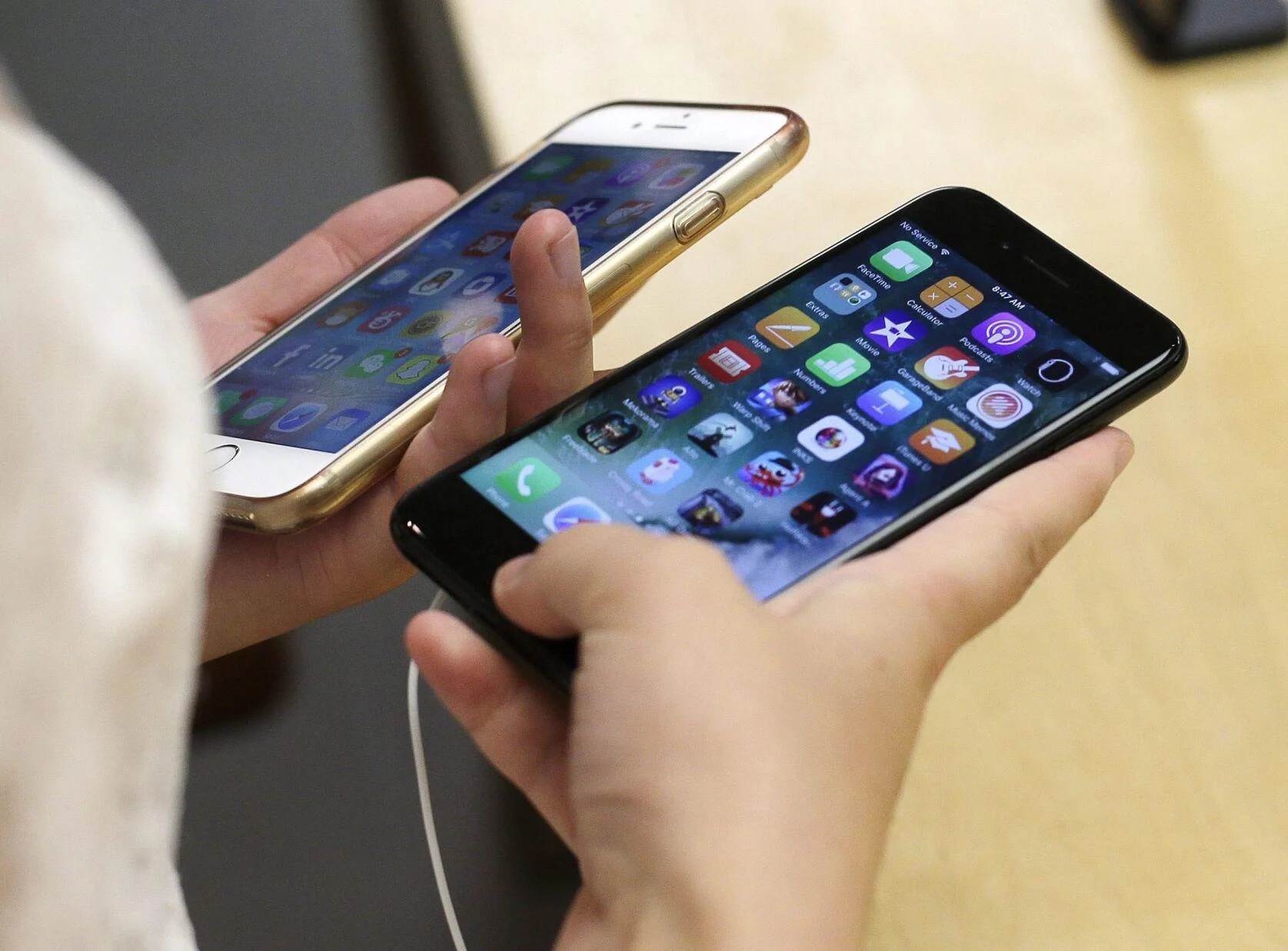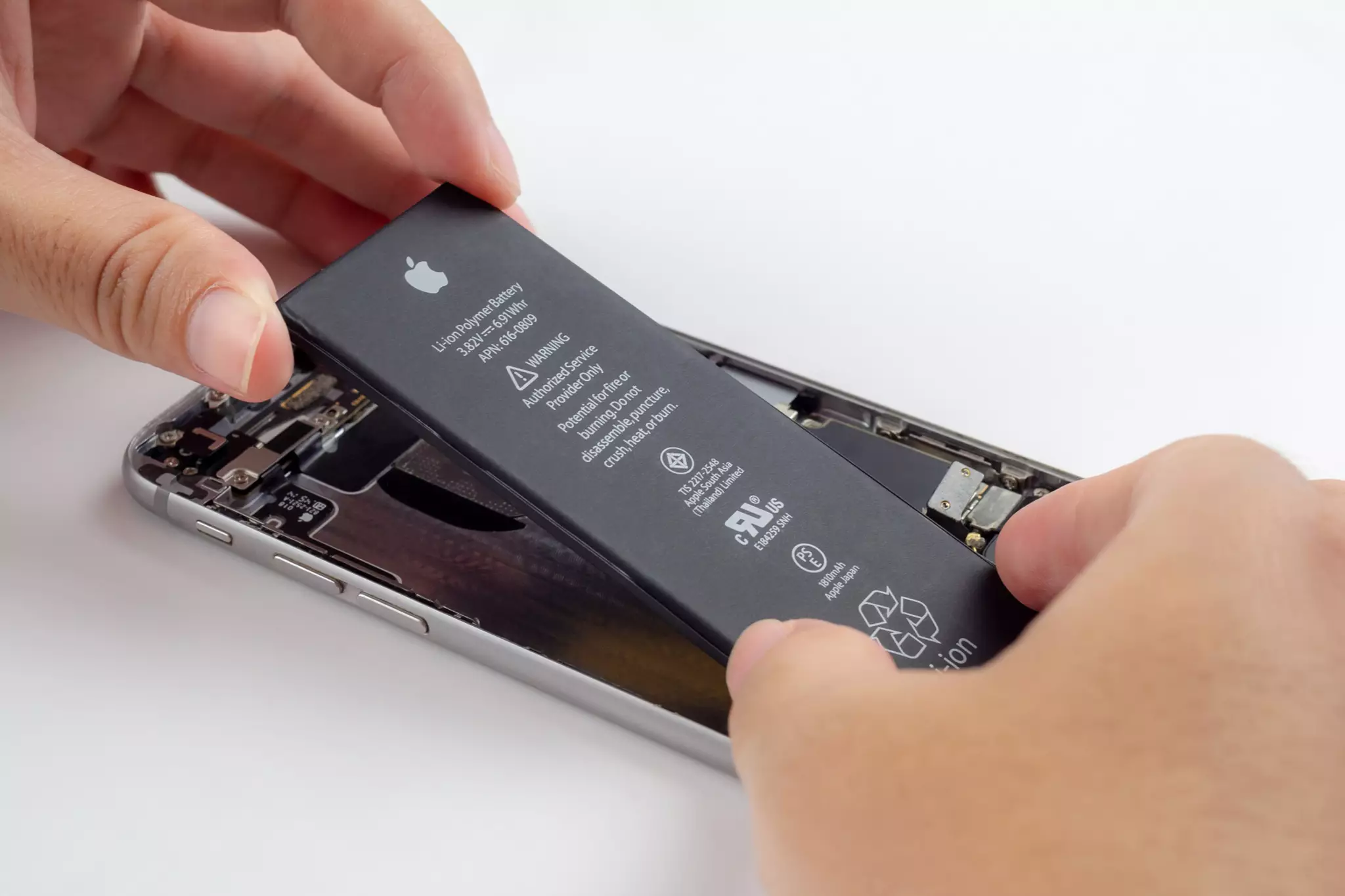In a significant development for Apple iPhone users in Canada, Apple is on the verge of settling a class action lawsuit related to its 2017 battery throttling controversy. This move could see the tech behemoth disbursing up to CAD 14.4 million (approximately USD 10 million) to affected Canadian customers, marking a pivotal moment in the ongoing narrative around consumer rights and corporate accountability in the tech industry.

The Controversy Unraveled
At the heart of this legal battle lies the accusation that Apple clandestinely throttled the performance of certain Apple iPhone models to manage aging batteries, a move that sparked widespread debate and scrutiny.
The lawsuit encapsulates a significant consumer grievance, alleging that Apple’s actions were not transparently communicated to its users, thereby compromising their user experience without their informed consent.
This proposed settlement, awaiting approval by the British Columbia Supreme Court, symbolizes a crucial juncture in Apple’s efforts to address and rectify the fallout from this controversy.
The resolution of the lawsuit highlights the growing demands for transparency and accountability from tech conglomerates, especially regarding how they handle device performance and user experience over time.
Apple has agreed to pay between $11.1 and $14.4 million to eligible Canadian iPhone owners to settle the 'Batterygate' class action. Members could be entitled to up to $150 each if the judge approves the settlement. https://t.co/72m0bKjBK1 via @torontostar
— Class Action Clinic (@ClassActClinic) February 7, 2024
Eligibility and Claims
The settlement terms outline a compensation strategy for eligible Apple iPhone users in Canada (excluding Quebec), specifically targeting owners or purchasers of the Apple iPhone 6, 6 Plus, 6s, 6s Plus, SE, 7, and 7 Plus models with specific iOS versions installed before December 21, 2017.
These users stand to receive up to CAD 150 per affected device, contingent on the total number of claims submitted. This settlement not only provides a monetary recompense for the affected users but also sets a precedent for how tech companies address and remediate consumer grievances.
It underscores the importance of corporate transparency and the rights of consumers to be fully informed about changes that may affect their product’s performance and overall experience.
Apple’s Stance and Apology
While Apple has consistently denied any wrongdoing about the allegations, the company’s agreement to settle does not imply an admission of fault. However, this situation has prompted Apple to adopt a more transparent approach in its dealings with consumers.
Following the public outcry, Apple issued an apology for its lack of transparency regarding the battery management system introduced in iOS 10.2.1 and subsequently reduced the price of Apple iPhone battery replacements as a gesture of goodwill.

This settlement in Canada mirrors a similar resolution in the United States, where Apple agreed to a $500 million settlement over comparable claims. These settlements highlight a transformative period in consumer electronics, emphasizing the importance of consumer trust and the need for clear communication between tech giants and their user base.
Apple iPhone: A Turning Point for Consumer Rights
Apple’s settlement of the Canadian class action lawsuit marks a significant milestone in addressing consumer concerns about product performance and transparency. It not only signifies a step forward in holding corporations accountable but also reflects the evolving relationship between technology providers and their customers.
As the tech industry continues to advance, the emphasis on consumer rights and corporate responsibility is likely to become even more pronounced, shaping the future of tech innovation and consumer protection.










